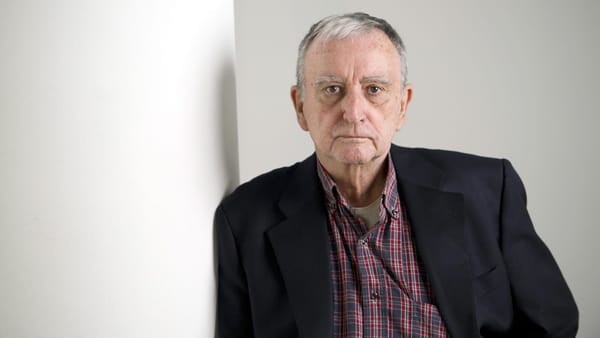Si los candidatos americanos fueran empresas
Una muy creativa manera de ver a los candidatos presidenciales: ¿a qué empresa se parecerían? Vamos a hacer el paralelismo cuando estén todos los candidatos argentinos declarados.
¿A quién se imaginan?
- Hillary Clinton: General Electric. Like GE, HRC is a mega-cap blue-chip, a juggernaut of the 1990s that, while still a market leader, doesn’t enjoy the cachet it once did. GE and HRC are both coasting off the reputation of an iconic, charismatic 1990s-era leader, who stepped away from the national scene in 2001 to write a best-selling memoir. Like GE, HRC enjoys high brand-name recognition and sponsorship among blue-chip Wall Street firms but lacks real retail presence. Both want to use resources to take on big global needs. Despite impressive growth in recent years, the stock hasn’t been rewarded in the marketplace. In the national market of public opinion, both GE and HRC stand about where they stood five years ago. Recommendation: Hold.
- Barack Obama: Google. Both have posted astonishing growth since splashy initial public offerings in 2004 and have become darlings of Silicon Valley. Networked and populist, Google and Obama have both benefited greatly from content generated by others: millions of newspaper articles and blog entries for Google, and that hot virtual 1984 ad for Obama. Both have rung up impressive sales figures based on small transactions and enjoy incredible momentum and popularity despite short operating history. Both favor vague, feel-good mission statements: “Don’t be Evil,” and “let us finish the work that needs to be done, and usher in a new birth of freedom on this Earth.” Recommendation: Strong buy.
- Rudy Giuliani: Halliburton. Both enterprises attempt to merge public service and private profits. Both were struggling in the late 1990s: Halliburton from torpor in the energy patch, Giuliani from torpor in his second term as mayor of New York. Events triggered by Sept. 11, 2001, led to swift rise in prominence and profitability. Both have shown brilliant ability to profit from political connections: Giuliani with a range of consulting contracts, and Halliburton with the many no-bid contracts won by its KBR subsidiary. Despite being dogged by accusations of incompetence and corruption among staffers in Iraq (Bernard Kerik, KBR, respectively), the stocks have risen sharply. Giuliani went through messy public divorce from problematic partner Donna Hanover Giuliani. Halliburton went through messy public divorce from problematic KBR unit. Recommendation: Buy.
- John McCain: General Motors. Two old warhorses that have solid reputations as patriotic brands but are struggling to hold on to shrinking market share. Strategy of relying on large, gas-guzzling vehicles (SUVs for GM, the Straight Talk Express for McCain) no longer resonates as it did in 2000 because of changing political conditions in the Middle East. GM is hampered by burdensome legacy costs that it willingly assumed—pension and health-care promises to unions. McCain is hampered by burdensome legacy cost that he willingly assumed—four-square support of the war in Iraq. Stubborn resistance to switching strategy or adapting to market conditions by developing new products is hurting both stocks. Stock rating: Sell.





